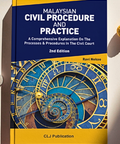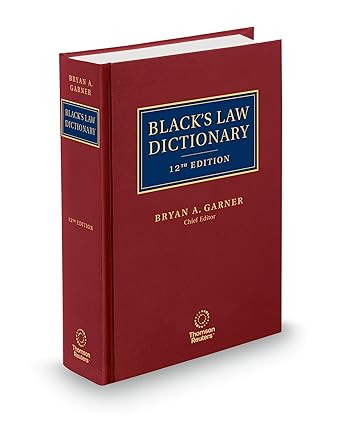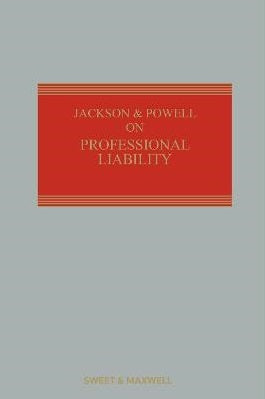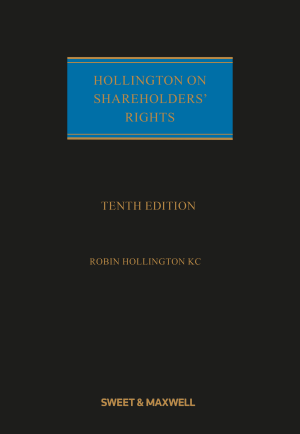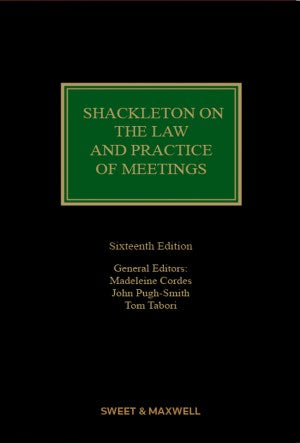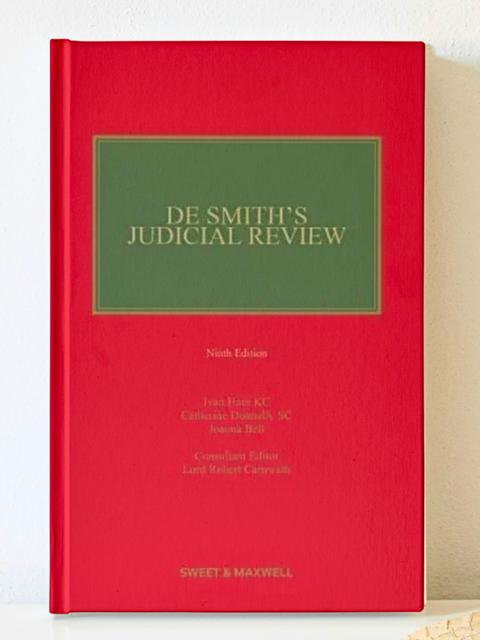


The Law of Company Receivership in Australia and New Zealand
The Law of Company Receivership in Australia and New Zealand BY Peter Blanchard
| Author | Peter Blanchard |
| Publication Date | 1982 |
| ISBN | 0409491632 |
| Format | Hardcover |
| Publisher | Butterworths |
Receivership is a legal process in Australia and New Zealand that involves the appointment of a receiver to manage the affairs, assets, and operations of a company in financial distress. The law of company receivership in both countries provides a framework for the appointment, powers, duties, and responsibilities of receivers.
Australia:
1. Appointment of Receiver:
- A receiver can be appointed by a secured creditor who holds a valid security interest over the company's assets, typically through a debenture or a security agreement.
- The appointment may be made by a court order, under the terms of a security agreement, or by the consent of the company's directors.
2. Powers and Duties of Receiver:
- Receivers have wide-ranging powers to manage and realize the assets of the company, including the power to sell, lease, or otherwise deal with the assets.
- They have a duty to act in the best interests of the appointing secured creditor, but they also have a general duty to act fairly and diligently.
- Receivers must comply with various statutory obligations and disclosure requirements.
3. Control and Management:
- Receivers take control and management of the company's assets, often displacing the company's directors and management.
- They have the power to operate the company's business and make decisions necessary for the preservation and realization of assets.
4. Priority of Claims:
- The law provides a specific order of priority for distributing the proceeds from the sale of the company's assets among various creditors, with secured creditors having the highest priority.
- Priority may also be given to certain statutory claims and employee entitlements.
5. Reporting and Accountability:
- Receivers are required to provide regular reports to the appointing secured creditor, the court (if appointed by the court), and other stakeholders.
- They may also be required to provide an account of their actions and decisions to the court or other interested parties.
New Zealand:
1. Appointment of Receiver:
- Similar to Australia, a receiver in New Zealand is typically appointed by a secured creditor who holds a valid security interest.
- The appointment can be made under the terms of a security agreement, by court order, or with the consent of the company's directors.
2. Powers and Duties of Receiver:
- Receivers have broad powers to manage and realize the company's assets, including the power to sell, lease, or otherwise dispose of the assets.
- They owe a duty to the appointing secured creditor, but they also have a general duty to act honestly, in good faith, and in the best interests of all creditors.
3. Control and Management:
- Receivers assume control and management of the company's assets and business operations, usually displacing the company's directors and management.
- They have the power to continue or discontinue the company's business as they see fit.
4. Priority of Claims:
- Similar to Australia, New Zealand has a specific order of priority for distributing the proceeds from the sale of assets among creditors, with secured creditors having priority.
- Statutory claims and employee entitlements may also be given priority.
5. Reporting and Accountability:
- Receivers are required to provide regular reports to the appointing secured creditor, the court (if appointed by the court), and other interested parties.
- They may be required to seek court approval for certain actions and provide an account of their activities to interested parties.
It's important to note that the details and specific provisions of receivership law may vary, and it is advisable to consult relevant legislation and seek professional legal advice for precise information in a particular jurisdiction or case.
Find More Books like The Law of Company Receivership in Australia and New Zealand : LAND LAW
Latest releases
Get your copy today!




